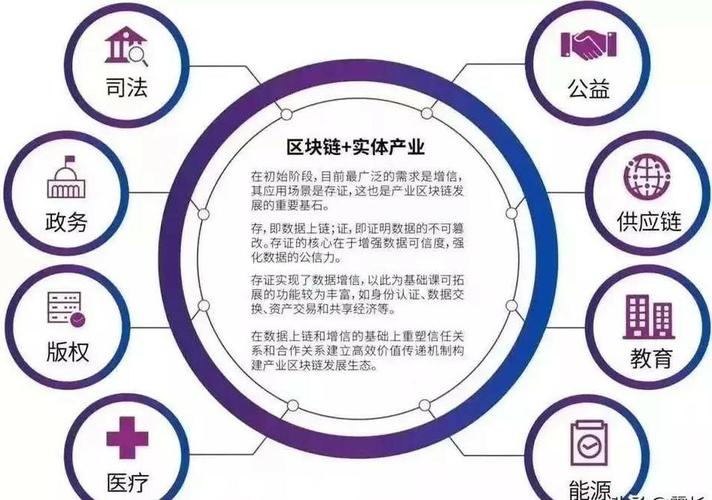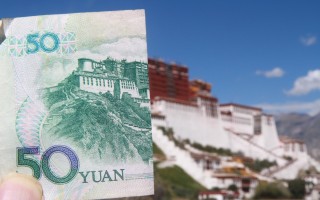Title: Understanding Blockchain Governance as a Specialized Discipline
Blockchain governance is an intricate field encompassing the principles, processes, and structures by which decentralized networks are managed and maintained. As a specialized discipline, it merges elements of computer science, economics, game theory, law, and political science. Let's delve into the multifaceted nature of blockchain governance and explore its significance across various sectors.
Foundations of Blockchain Governance
Blockchain governance revolves around decisionmaking mechanisms that dictate how changes are proposed, evaluated, and implemented within a blockchain network. Key components include:
1.
Consensus Mechanisms
: These protocols enable network participants to agree on the validity of transactions and changes to the blockchain. Popular mechanisms include Proof of Work (PoW), Proof of Stake (PoS), and Delegated Proof of Stake (DPoS).2.
Governance Structures
: Various models exist, ranging from onchain governance, where decisions are made directly on the blockchain, to offchain governance, where decisions are made through offchain mechanisms such as voting or consensus among stakeholders.3.
Smart Contracts
: Selfexecuting contracts with predefined rules encoded on the blockchain facilitate automated governance processes, such as voting mechanisms or fund allocation.Roles and Responsibilities
In the realm of blockchain governance, several roles emerge, each contributing to the network's stability and evolution:
1.
Developers
: Responsible for maintaining and upgrading the blockchain protocol, developers play a crucial role in proposing and implementing changes.2.
Miners/Validators
: Participants who validate transactions and secure the network according to the chosen consensus mechanism. Their decisions influence the integrity of the blockchain.3.
Node Operators
: Individuals or entities running network nodes contribute to the decentralization and resilience of the blockchain network.4.
Governance Bodies
: In some cases, formal governance bodies or decentralized autonomous organizations (DAOs) oversee decisionmaking processes, ensuring transparency and fairness.Challenges and Considerations
Blockchain governance faces several challenges, including:
1.
Scalability
: As blockchain networks grow, the scalability of governance mechanisms becomes crucial to accommodate increased participation and decisionmaking processes.
2.
Governance Sybil Attacks
: Malicious actors may attempt to manipulate governance processes by creating multiple identities, undermining the integrity of decisionmaking.3.
Legal and Regulatory Compliance
: Navigating legal frameworks and regulatory requirements poses challenges, especially in decentralized ecosystems where traditional governance structures may not apply.4.
Community Engagement
: Effective governance relies on active participation and engagement from a diverse community of stakeholders. Building consensus among disparate interests can be challenging.Applications Across Industries
Blockchain governance has applications across various industries:
1.
Finance
: In decentralized finance (DeFi), governance mechanisms determine protocol upgrades, asset listings, and risk management strategies.2.
Supply Chain
: Blockchain governance ensures transparency and accountability in supply chain management, enabling stakeholders to track the provenance of goods and ensure compliance with regulations.3.
Healthcare
: Patient data management and interoperability benefit from blockchain governance, ensuring secure and privacypreserving data exchange among healthcare providers.4.
Governance Innovation
: Some blockchain projects explore novel governance models, such as quadratic voting or futarchy, to enhance decisionmaking processes in traditional governance structures.Conclusion: Nurturing Blockchain Governance Expertise
As blockchain technology continues to permeate diverse sectors, the demand for professionals wellversed in blockchain governance principles will rise. Professionals in this field must possess a multidisciplinary skill set, encompassing technical expertise, economic understanding, legal acumen, and stakeholder management skills. By nurturing expertise in blockchain governance, organizations can navigate the complexities of decentralized ecosystems and leverage the transformative potential of blockchain technology.
Remember, staying abreast of evolving governance mechanisms and industryspecific challenges is crucial for success in this dynamic field.
标签: 区块链治理是什么专业类别 区块链技术是什么专业 区块链治理模式






